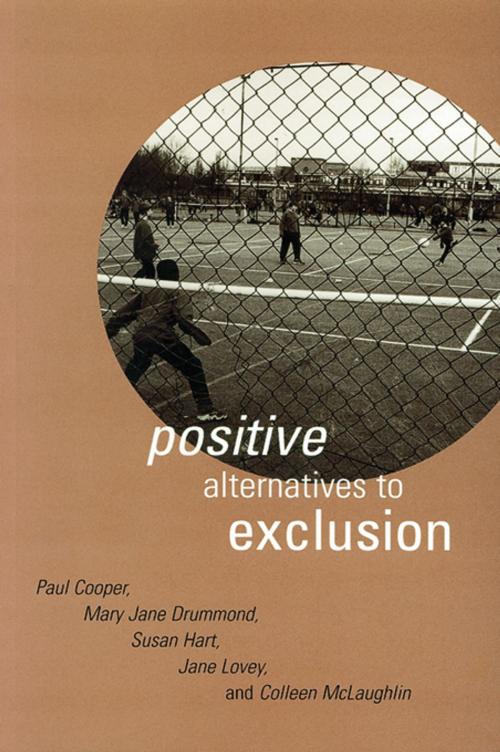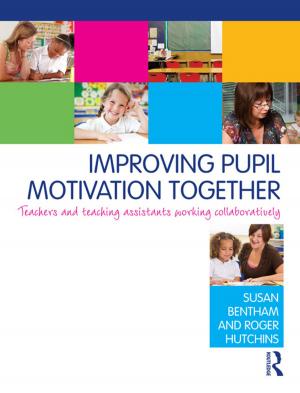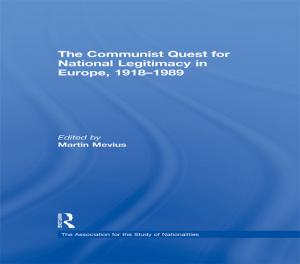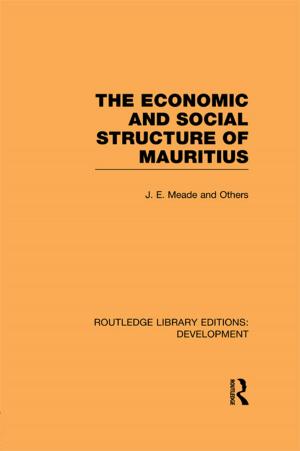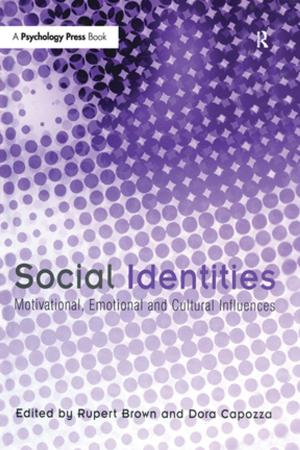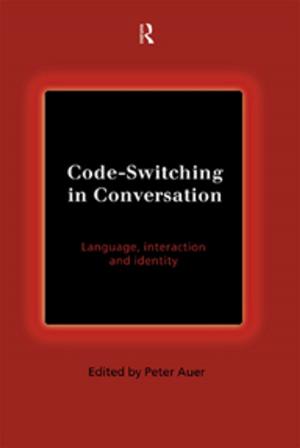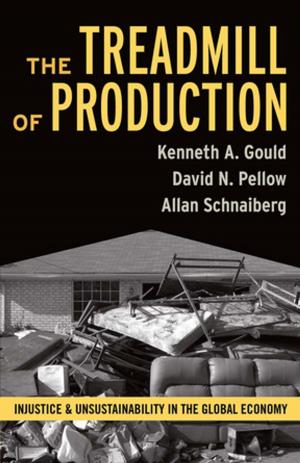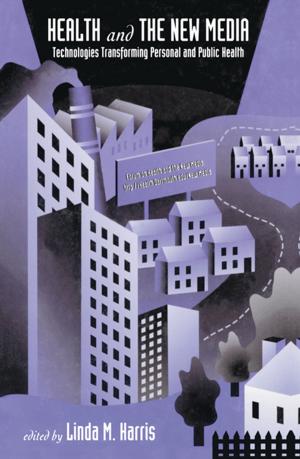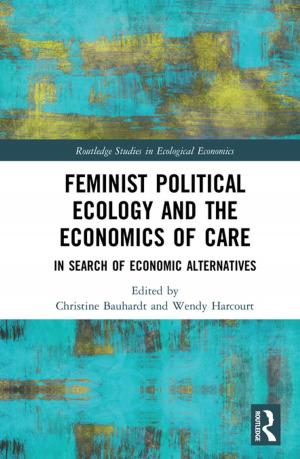Positive Alternatives to Exclusion
Nonfiction, Reference & Language, Education & Teaching, Administration| Author: | ISBN: | 9781134737833 | |
| Publisher: | Taylor and Francis | Publication: | April 3, 2013 |
| Imprint: | Routledge | Language: | English |
| Author: | |
| ISBN: | 9781134737833 |
| Publisher: | Taylor and Francis |
| Publication: | April 3, 2013 |
| Imprint: | Routledge |
| Language: | English |
Positive Alternatives to School Exclusion looks at what schools can do to build more harmonious communities and engage students - particularly those at risk of exclusion - more productively in all areas of school life. It describes the Positive Alternatives to School Exclusion Project, a multi-phase, collaborative initiative based at the School of Education, University of Cambridge.
Drawing on the perspectives of staff and pupils, the authors provide detailed case studies of the approaches and strategies being adopted in a variety of settings (primary, secondary and FE) to foster inclusion and reduce and prevent exclusion. It also identifies a number of different frameworks, drawn from the case studies, which can be used by practitioners working in other settings to support their own reflection and development work. Particular importance is placed, throughout the book, on valuing the domain of personal experience in the life of the school community. The authors explore this theme in detail, suggesting ways in which it might become a priority focus of further development work in schools.
Positive Alternatives to School Exclusion looks at what schools can do to build more harmonious communities and engage students - particularly those at risk of exclusion - more productively in all areas of school life. It describes the Positive Alternatives to School Exclusion Project, a multi-phase, collaborative initiative based at the School of Education, University of Cambridge.
Drawing on the perspectives of staff and pupils, the authors provide detailed case studies of the approaches and strategies being adopted in a variety of settings (primary, secondary and FE) to foster inclusion and reduce and prevent exclusion. It also identifies a number of different frameworks, drawn from the case studies, which can be used by practitioners working in other settings to support their own reflection and development work. Particular importance is placed, throughout the book, on valuing the domain of personal experience in the life of the school community. The authors explore this theme in detail, suggesting ways in which it might become a priority focus of further development work in schools.
